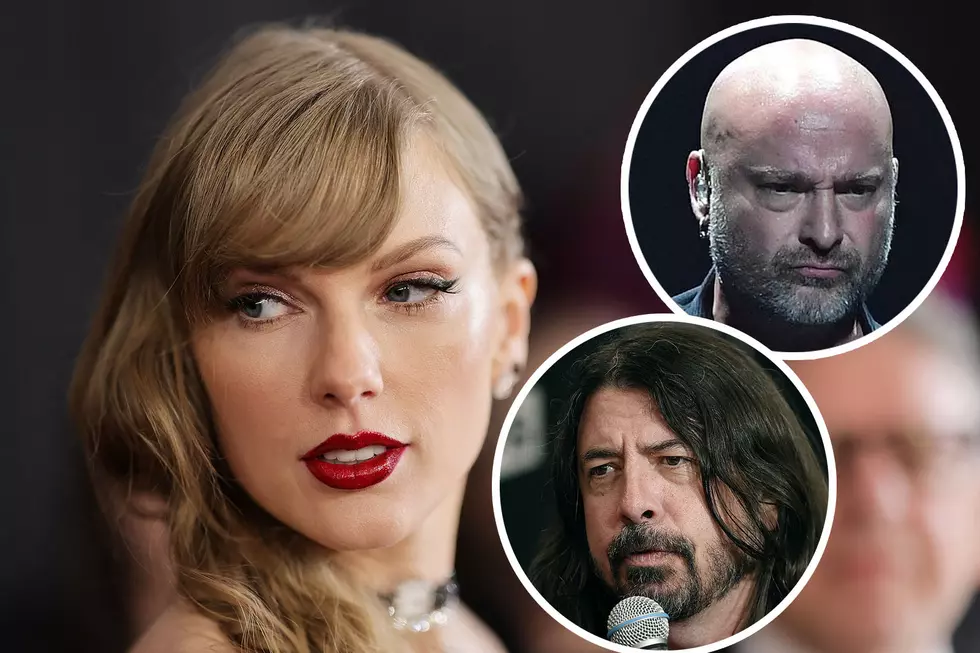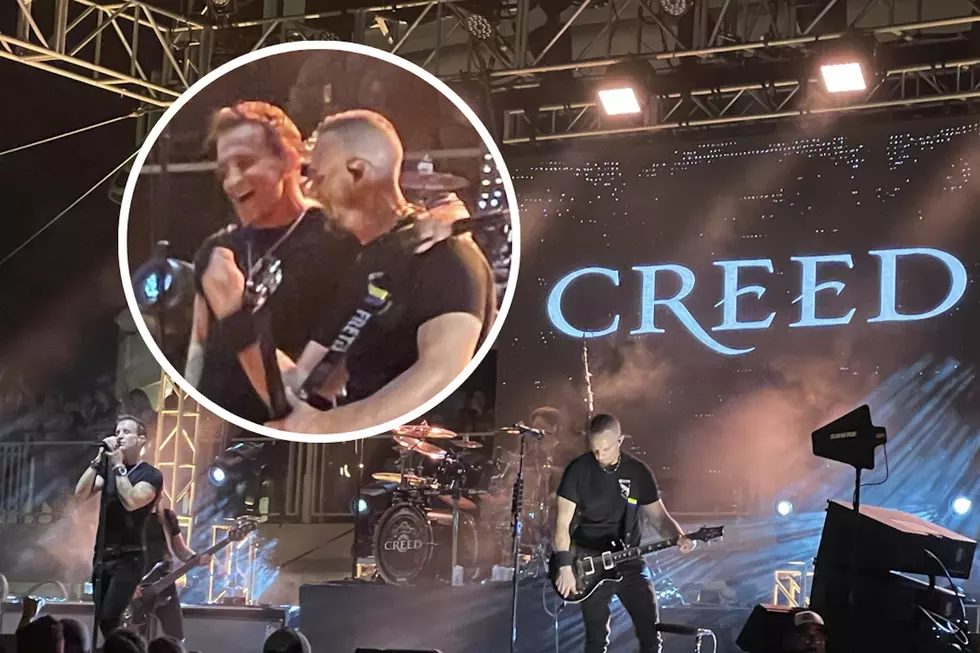Linkin Park’s Mike Shinoda, Slash + More Examine ‘The Distortion of Sound’ in Documentary Short
The way we listen to music over the years has changed, but how much are we sacrificing in order for convenience today? That's the subject of the new documentary short film 'The Distortion of Sound,' where musicians, producers and music moguls all explore how far we've gotten away from the true intended listening experience.
Several of the film's stars along with celebs like Tom Morello, Courtney Love, Juliette Lewis, Adrian Grenier, Danny Masterson and Michelle Trachtenberg turned out for the Los Angeles premiere at the Grammy Museum Thursday night (July 10). Mario Lopez emceed the Harman-backed screening, and later led a post-screening Q&A with Linkin Park's Mike Shinoda and director Jacob Rosenberg.
The film itself features Shinoda, Slash, Quincy Jones, Snoop Dogg, Kate Nash, Lianne La Havas, Steve Aoki and film composers Hans Zimmer and A.R. Rahman among others, each lending their own insights and in some cases a sense of humor to exploring the loss of sound and experience that comes when tracks are compressed by distribution services like YouTube, iTunes, Spotify and others.
The film does a solid job of not only offering artist insights, but also showing statistical and scientific data (the "head-bob" test is of particular interest) of how compression affects the listening experience. Slash says in the film, "When you make a record and you're in the studio and you have all the tracks and everything is right there in front of you and you can hear your every instrument and you know exactly what it's supposed to sound like and then for it to come out compressed, it's like why did you put all the work into it in the first place? Because you don't hear it that way."
For Linkin Park fans, the film gives some insight into the creation of the band's 'A Light That Never Comes' single with Steve Aoki. At one point in the short, Rob Bourdon's drumming is used to showcase the compression coming through computer speakers as opposed to how it would normally sound, and the difference was significantly noticeable as the scene pumped out through the Grammy Museum's sound system.
Director Jacob Rosenberg stated after the screening that the biggest take away from the film was "exploring the chasm between artist intent and the audience consumption."
Shinoda spoke openly about the way in which most music listeners just accept what they've been presented. "You wouldn't stand for someone giving you a lo-res jpeg photo," says Shinoda. He added that while YouTube may have a resolution button, most people are unaware of it and typically leave it streaming at the default.
When questioned about why artists haven't leveraged the various distribution systems to make the appropriate changes, he added that it's the people and not the artists who have the ultimate leverage, as distributors likely wouldn't do anything until there was enough of a response from music listeners to show that it would affect their sales.
Check out the trailer for this interesting exploration into 'The Distortion of Sound' above, and then see the film in full below.
Watch 'The Distortion of Sound' in Full




